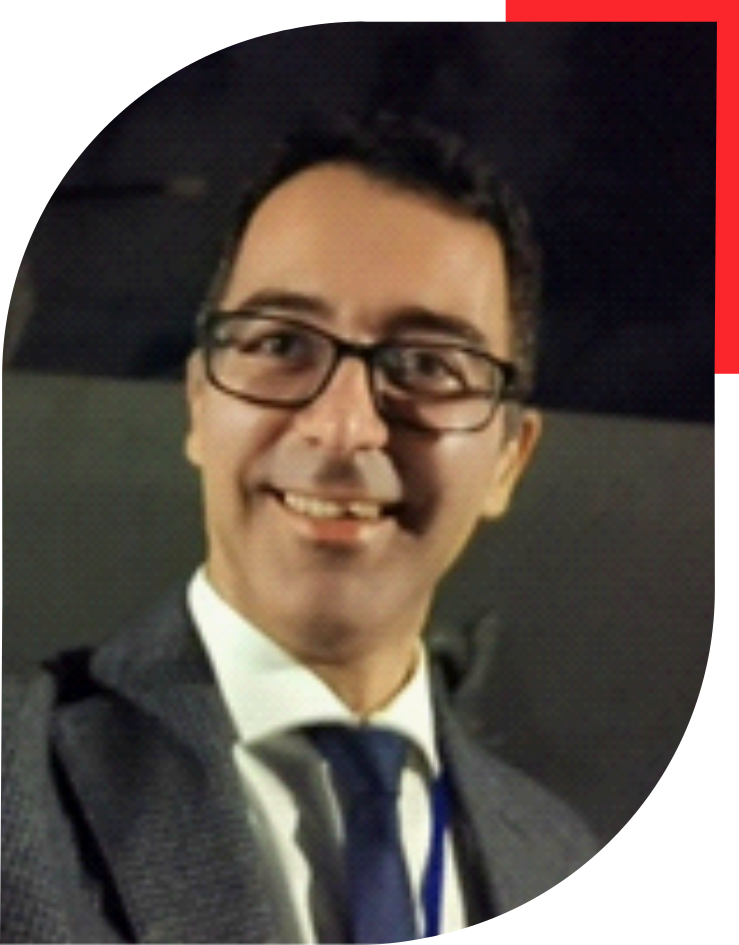Międzynarodowa Konferencja Metrologiczna „New Trends in Metrology”
Międzynarodowa Konferencja Metrologiczna „New Trends in Metrology”
KEYNOTE SPEAKERCompressed sensing-based data acquisition: an opportunity for distributed systems, IoT and diagnostics |
 |
Luca University of Sannio, Italy |
ABSTRACT
EN
The emerging compressed sensing (CS) theory offers a way to significantly reduce the number of sampling points required to capture data, leading to the elimination of redundant information. This allows for the development of efficient stand-alone and network-centric applications in the Internet of Things (IoT) with fewer resources. CS relies on the fact that many natural signals satisfy a property called sparseness in a specific transformation domain. Thanks to this property, it has been proven that information contained in the signal could be obtained from the compressedly sampled signals, as well as the whole signals sampled by Nyquist theory. The lecture will present the concept of compressed sensing applied to the design and deployment of data acquisition systems, with the aim of either enlarging the observation bandwidth or reducing the output data rate. The advantages these new acquisition systems will be shown with examples in the field of Internet of Things, distributed measurement systems and diagnostics. In particular, the research activities developed at the Laboratory of Measurement and Signal Processing of the University of Sannio on this topic will be presented, dealing with personal health monitoring, structural health monitoring and diagnostics.
SPEAKER BIOGRAPHY
Luca De Vito
PL
Luca De Vito received the master’s (cum laude) degree in software engineering and the Ph.D. degree in information engineering from the University of Sannio, Benevento, Italy, in 2001 and 2005, respectively. In 2002 he joined the Laboratory of Signal Processing and Measurement Information, University of Sannio, where he was involved in research activities. In 2008, he joined the Department of Engineering, University of Sannio, as an Assistant Professor in electric and electronic measurement. He became Associate Professor in the same Department in Jan. 2020. In Aug. 2018 he received the National Academic Qualification as Full Professor. He is member of the IEEE since 2010, he is member of the IEEE Instrumentation and Measurement Society (IMS), of the IEEE Aerospace and Electronic System Society, and of the IEEE Standards Association. He is Senior Member of the IEEE since 2012. He is member of the AFCEA and he is Vice-President of the AFCEA Naples Chapter. He is co-Editor-In-Chief of Measurement:Sensors (Elsevier), and Editor of Measurement (Elsevier). He is Member-At-Large of the IMS AdCom for the term 2022-2025 and member of the IMEKO Technical Committee 4 (TC-4). He published more than 220 papers on international journals and conference proceedings, mainly dealing with measurements for telecommunications, data converter testing and biomedical instrumentation.
CLICK:

Projekt współfinansowany ze środków Unii Europejskiej w ramach Europejskiego Funduszu Społecznego, Program Operacyjny Wiedza Edukacja Rozwój 2014-2020
"PL2022 - Zintegrowany Program Rozwoju Politechniki Lubelskiej" POWR.03.05.00-00-Z036/17